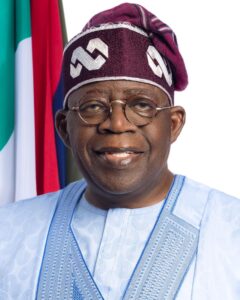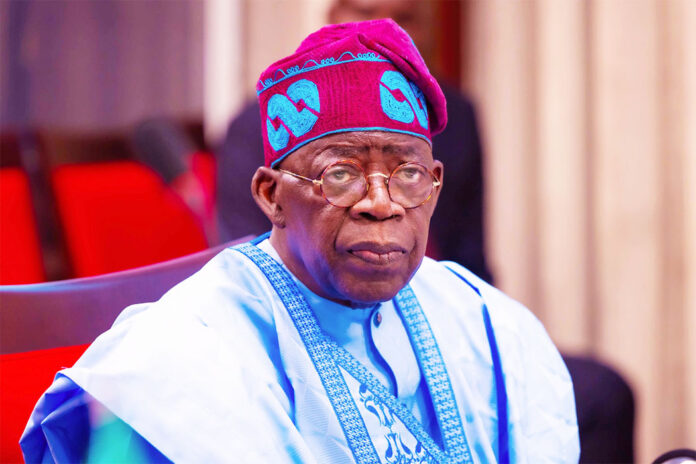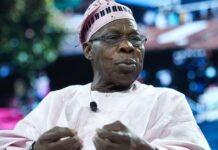The Nigerian Presidency has called for patience from citizens as the country awaits the submission of a new minimum wage bill to the National Assembly. This appeal comes amid growing pressure from labor unions and workers across the nation.

Bayo Onanuga, the Special Adviser to President Bola Tinubu on Information and Strategy, made this plea during a recent phone interview. He assured Nigerians that the President would forward the proposed bill to lawmakers once it’s ready, but did not provide a specific timeline.
This development follows President Tinubu’s Democracy Day announcement that a consensus had been reached between the government and labor unions on a new minimum wage. However, both the Nigeria Labour Congress (NLC) and Trade Union Congress (TUC) quickly disputed this claim, leaving many Nigerians confused about the actual state of negotiations.
The labor unions have expressed frustration with the delay, noting that it has stalled their plans for a National Executive Committee meeting. This gathering, which would involve about 300 labor leaders, is seen as crucial for deciding the unions’ next steps.
The last joint extraordinary National Executive Council meeting of the NLC and TUC took place on June 4. At that time, union leaders met to decide whether to continue or suspend their strike action following an agreement with the government.
Labor leaders have urged President Tinubu to consult and reach an agreement with them before sending the wage bill to the National Assembly. This request highlights the ongoing tension between the government and workers’ representatives over the minimum wage issue.
Adding to the complexity of the situation, Onanuga recently stated that the N250,000 minimum wage demanded by unions is unsustainable. He warned that the federal government cannot allocate all its resources to meet such a demand, suggesting that difficult negotiations lie ahead.
The minimum wage debate comes at a challenging time for Nigeria’s economy. With rising inflation and the recent removal of fuel subsidies, many workers are struggling to make ends meet. The government faces the difficult task of balancing workers’ needs with economic realities.
As the wait for the new minimum wage bill continues, questions remain about what figure will eventually be proposed and how it will be received by both workers and employers. The delay also raises concerns about the potential for further labor unrest if a satisfactory resolution is not reached soon.
The Presidency’s call for patience indicates that the process of finalizing the minimum wage proposal is ongoing. However, without a clear timeline, it’s uncertain how long workers will be willing to wait before taking further action.
This situation underscores the complex challenges facing President Tinubu’s administration as it attempts to address long standing economic issues while maintaining social stability. As Nigerians watch closely, the handling of the minimum wage issue could set the tone for labor relations and economic policy in the months and years to come.




